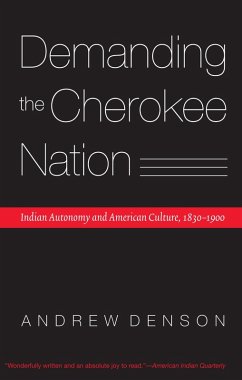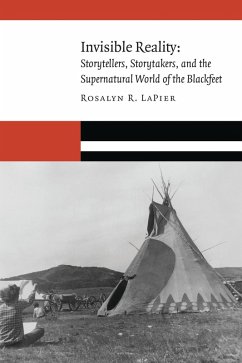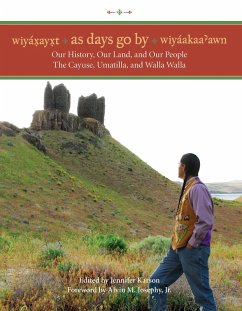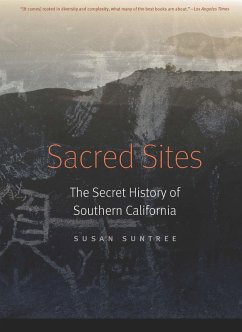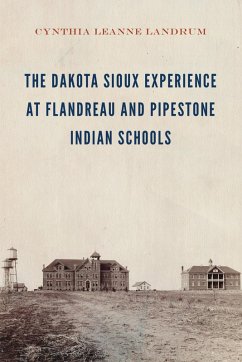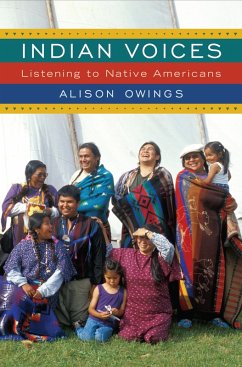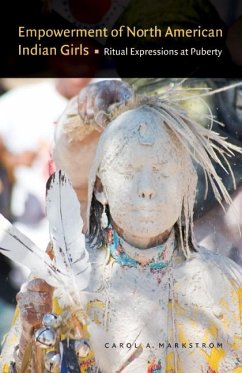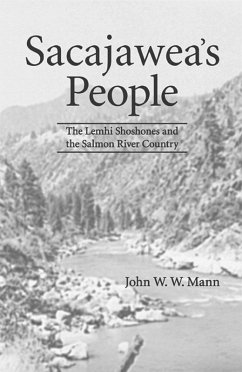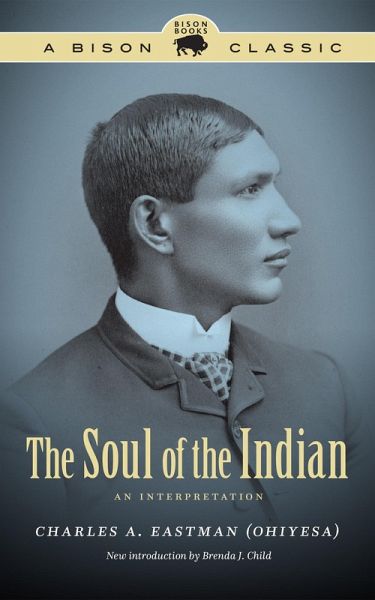
Soul of the Indian (eBook, PDF)
An Interpretation
Versandkostenfrei!
Sofort per Download lieferbar
14,95 €
inkl. MwSt.
Weitere Ausgaben:

PAYBACK Punkte
7 °P sammeln!
The Soul of the Indian is Charles A. Eastman's exploration and documentation of religion as he experienced it during the late nineteenth century. A Dakota physician and writer who sought to bring understanding between Native and non-Native Americans, Eastman (1858-1939) became one of the best-known Native Americans of his time and a significant intellectual figure whose clarity of vision endures today. In a straightforward manner Eastman emphasizes the universal quality and personal appeal of his Dakota religious heritage. First published in 1911, The Soul of the Indian draws on his childhood ...
The Soul of the Indian is Charles A. Eastman's exploration and documentation of religion as he experienced it during the late nineteenth century. A Dakota physician and writer who sought to bring understanding between Native and non-Native Americans, Eastman (1858-1939) became one of the best-known Native Americans of his time and a significant intellectual figure whose clarity of vision endures today. In a straightforward manner Eastman emphasizes the universal quality and personal appeal of his Dakota religious heritage. First published in 1911, The Soul of the Indian draws on his childhood teaching and ancestral ideals to counter the research written by outsiders who treated the Dakotas' ancient worldviews chiefly as a matter of curiosity. Eastman writes with deep respect for his ancestors and their culture and history, including a profound reverence for the environment, animals, and plants. Though written more than a century ago, Eastman could be speaking to our own time with its spiritual confusion and environmental degradation. The new introduction by Brenda J. Child grounds this important book in contemporary studies.
Dieser Download kann aus rechtlichen Gründen nur mit Rechnungsadresse in A, B, BG, CY, CZ, D, DK, EW, E, FIN, F, GR, HR, H, IRL, I, LT, L, LR, M, NL, PL, P, R, S, SLO, SK ausgeliefert werden.




